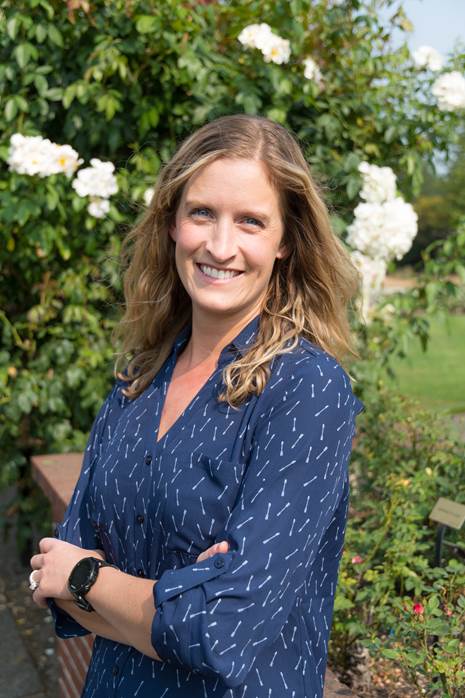Instructor: Nikki Wagar, CLPE, CCSA
|
Nikki Wagar, CLPE, CCSA Holding a master’s degree in Forensic Science, a bachelor’s degree in Physical Anthropology, and a certificate in Forensic Identification, Nikki Wagar is a Certified Latent Print Examiner and Certified Crime Scene Analyst through the International Association for Identification (IAI) and has been practicing both specialties for over 12 years. |
ATTENDInterested in attending one of these courses? Check out our Upcoming Courses page for information on all scheduled courses.
|
HOST
You can bring this course to your location! For more no-obligation information or to complete a hosting application, click below.
|

